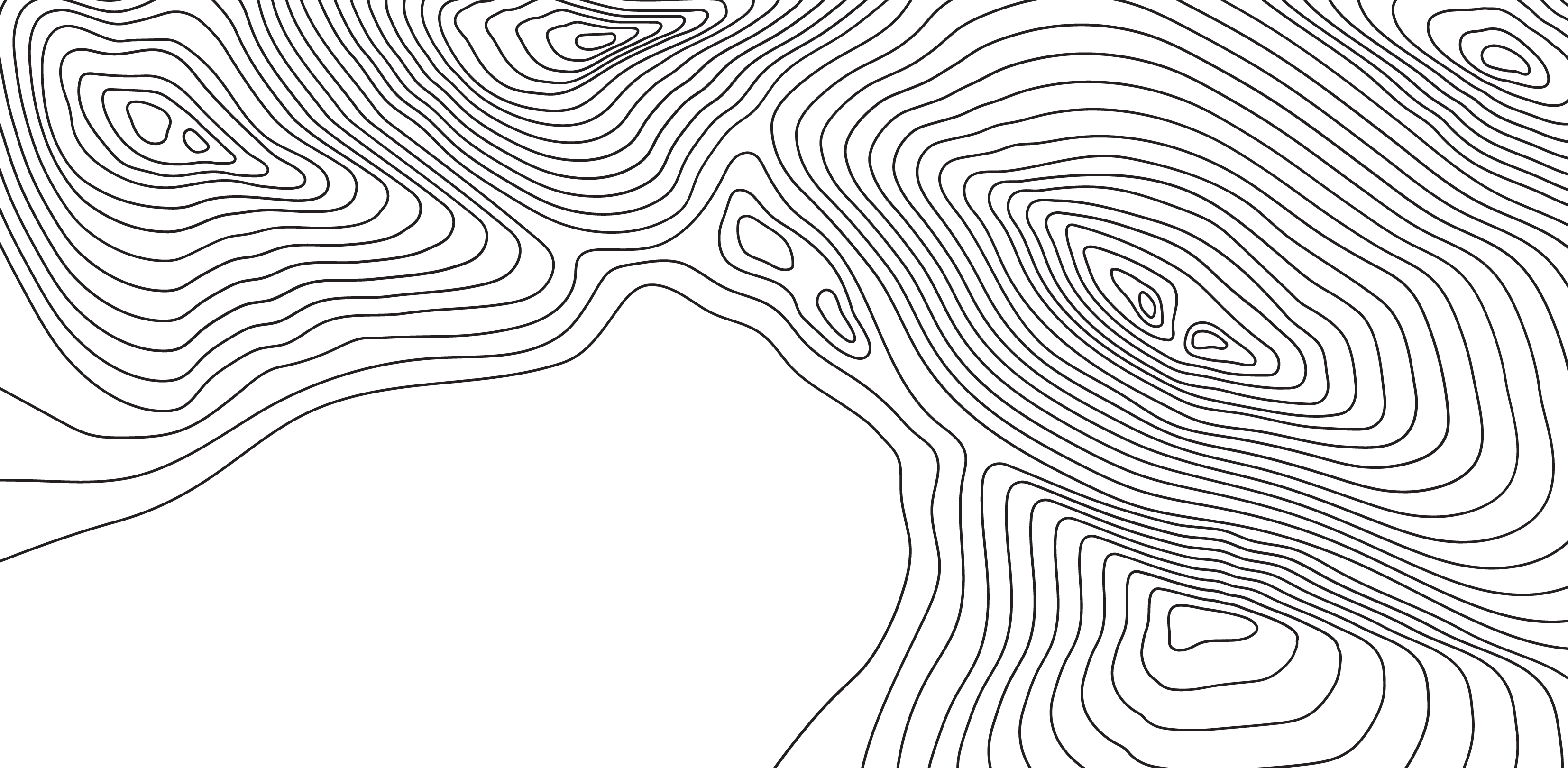Mathematics and Data Analysis
Turn numbers into impact with NAU’s Mathematics and Data Analysis programs. If you’re driven by logic, fascinated by numbers, or curious about how math powers the world, you may want to consider this degree path.
Mathematics and Data Analysis is about turning numbers into knowledge. Whether you're mapping climate patterns, improving healthcare systems, or uncovering trends in finance, these skills are the engine behind problem-solving in a data-driven world.

What is Mathematics and Data Analysis?
Mathematics and Data Analysis is about asking smart questions and using numbers to find meaningful answers. At NAU, you’ll explore the intersection of theory and application, building a deep understanding of math, statistics, and data science while solving real-world problems through research, collaboration, and cutting-edge tools.
What you'll study
You’ll build strong foundations in mathematical thinking while gaining hands-on experience with real-world data. Depending on your path, you might explore:
- Calculus, algebra, and mathematical theory
- Statistics and probability
- Data mining and visualization
- Mathematical modeling and optimization
- Logic and discrete math
You’ll gain experience through research opportunities, coding labs, and data-driven projects using tools like Python, R, and MATLAB.
Career possibilities
From data science and finance to education and engineering, these roles are essential in nearly every sector. Graduates with Mathematics and Data Analysis degrees pursue careers such as:
- Data analyst or scientist
- Financial analyst
- Statistician
- Actuary
- Researcher
- Operations analyst
These are high-growth, high-impact careers, and NAU prepares you to step into them with confidence.
Mathematics and Data Analysis degrees at NAU
Find the program that fits your interests, whether you want to solve equations, build predictive models, or teach the next generation of problem-solvers.
FAQs: Mathematics and Data Analysis degrees
What’s the difference between math, statistics, and data science?
Mathematics focuses on problem-solving through logic and theory. Statistics emphasizes data interpretation and patterns. Data science brings them together with coding and algorithms to drive decision-making.
Do I need to be a math whiz to study Mathematics and Data Analysis?
Nope. What matters most is your willingness to learn and your interest in solving problems. You’ll get the support you need as you build your skills and confidence.
Are NAU’s programs more theoretical or applied?
Both! NAU’s programs build a strong theoretical base and give you plenty of opportunities to apply what you learn through coding, research, and real-world projects.
What technical tools or software will I learn?
You’ll gain experience with widely used tools and programming languages such as Python, R, MATLAB, Excel, SAS, and Tableau, essential skills for careers in analytics and beyond.
Can I combine this with another major or add a minor?
Yes! Many students pair math or data studies with areas like biology, computer science, business, or economics to tailor their path and broaden their career potential.
Are there research or internship opportunities?
Definitely. NAU students get involved in faculty research, national data programs, and internships with employers in government, tech, finance, and beyond.
